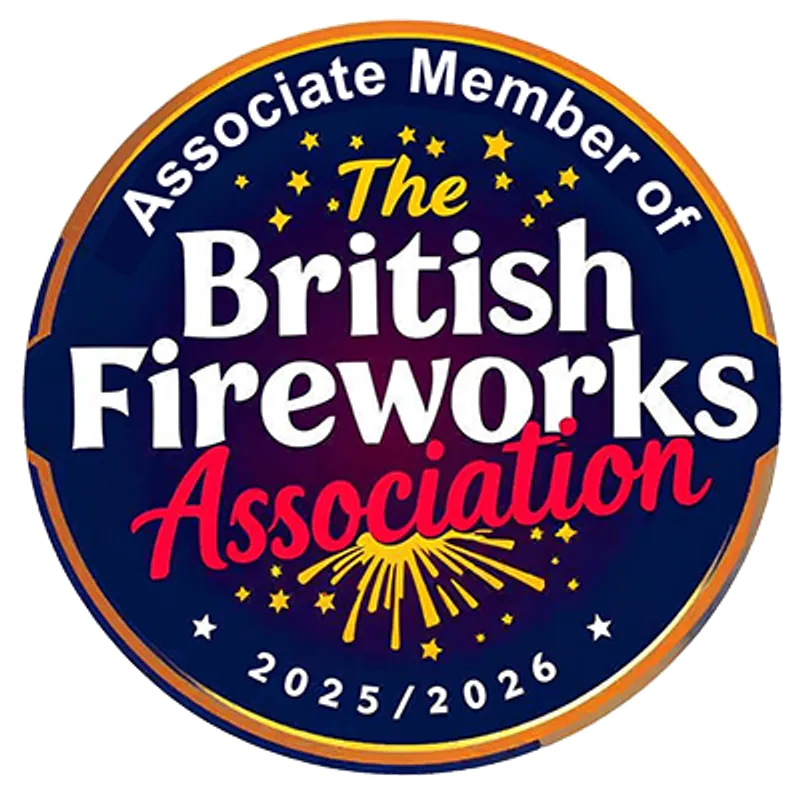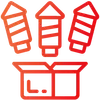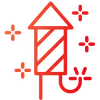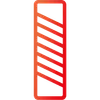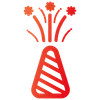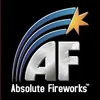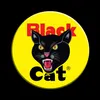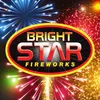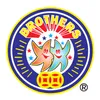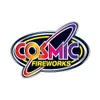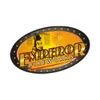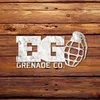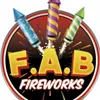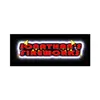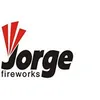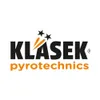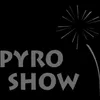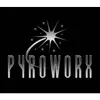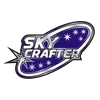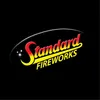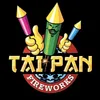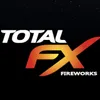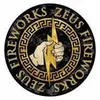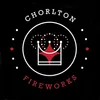The Complete Ice Fountain Training Program: Preparing Your Staff and Venue
Ice fountains produce spectacular visual effects that can grab the attention of everyone nearby, create viral moments that bolster your brand’s online presence, and make your more expensive menu items worth the price for a lot more people… but only when your team knows how to use them properly.
While these indoor pyrotechnics are designed for safe indoor use, they are still fireworks that require proper handling and presentation skills.
A structured training program is the foundation of safety and spectacle when using ice fountain fireworks, so your venue can deliver consistent, impressive experiences while maintaining the highest safety standards. Here’s a comprehensive training approach made by firework experts.
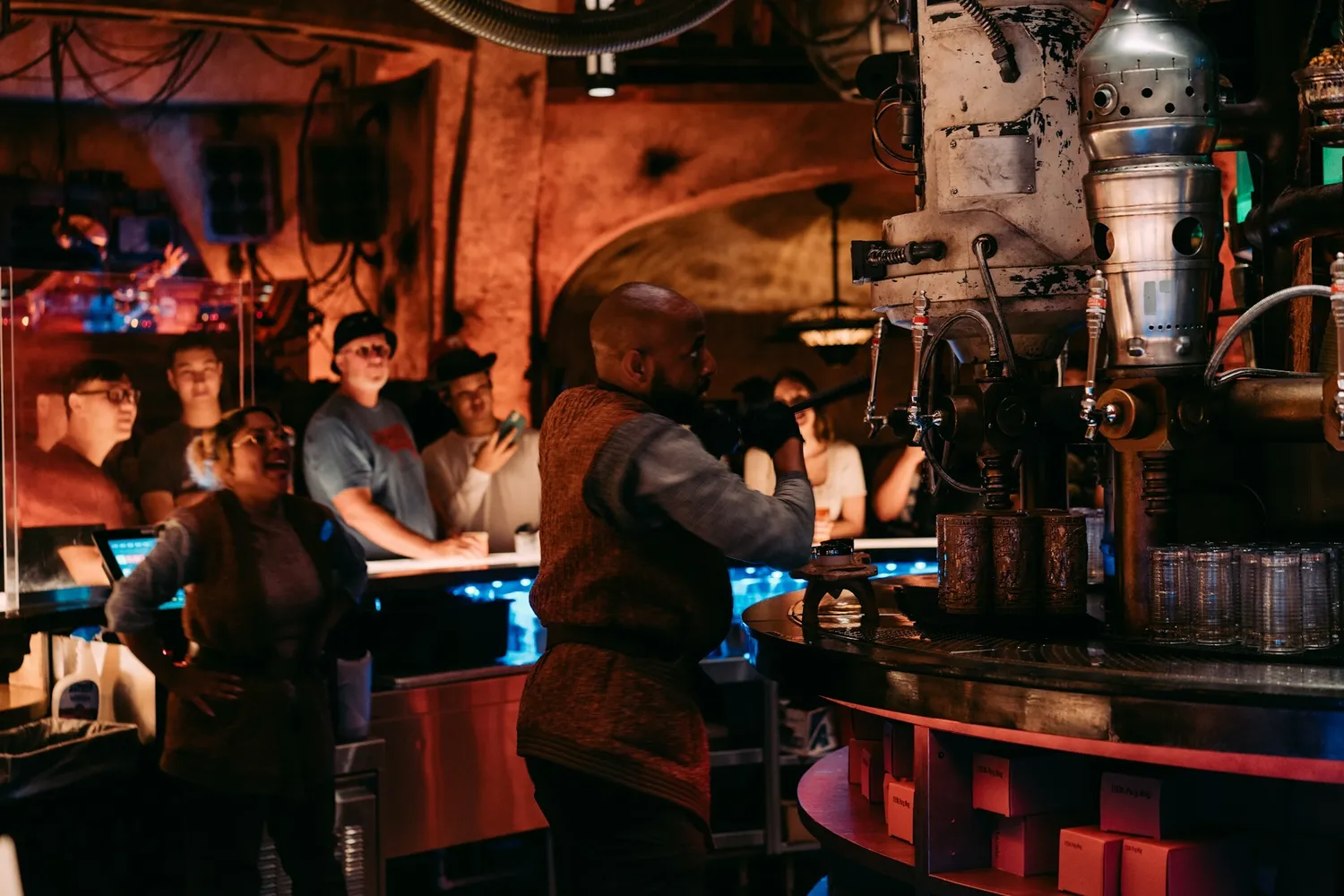
Understanding Your Training Needs
The pyrotechnic logistics of ice fountains really depend on what your venue is like. Before implementing any training program, assess exactly what your venue requires based on your specific operation and team structure.
Role-Specific Training Requirements
Different staff positions require different levels of training when it comes to indoor pyrotechnics. Consider the following training matrix:
Staff Position | Essential Knowledge | Optional Knowledge |
Servers | Safe carrying techniques, customer safety briefings | Basic troubleshooting |
Bartenders | Proper mounting, lighting techniques, timing | Creative presentation ideas |
Managers | All safety protocols, emergency procedures, regulatory requirements | Inventory management, cost analysis |
Kitchen Staff | Safe placement with food items, heat considerations | Creative food pairings |
While all staff should understand the basics of what ice fountains are and general safety guidelines, those directly handling the pyrotechnics need more extensive training. Managers should have comprehensive knowledge to oversee operations and train new staff members.
UK regulations for Category 1 fireworks allow indoor use, but venues must ensure proper training documentation is maintained. Insurance providers or local authorities may require this documentation in case of incidents.
Venue-Specific Considerations
Every venue has unique challenges when implementing indoor pyrotechnics. Your training program must address the specific environment where your team will be operating. Consider:
Space layout and traffic flow implications
Ventilation systems and air circulation patterns
Fire safety system assessment, including smoke detector sensitivity
Proximity to flammable materials or decorations
Key environmental factors that should be assessed include:
Ceiling height and material composition
Table spacing and customer proximity
Ambient noise levels that might affect communication
Lighting conditions that could impact visibility during service
Experience Level Assessment
Before beginning formal training, evaluate your team's knowledge and comfort level with pyrotechnics. This will help you tailor your program to their specific needs and identify potential training champions within your organisation.
Consider asking these pre-training assessment questions:
Have you handled any type of pyrotechnic product before?
What do you know about the composition and function of indoor sparklers?
How comfortable are you with demonstrating techniques to others?
What safety concerns do you have about using these products?
What do you think customers expect from a pyrotechnic presentation?
Identifying staff members with previous experience or natural aptitude can help establish internal trainers who can provide ongoing support to colleagues.
📦 Stock Up on Ice Fountains and Accessories 📦
If you're ready to elevate your drink service or celebration moments with ice fountains, Chorlton Fireworks has everything you need to make it easy and safe. From low-quantity packs perfect for testing out ideas, to bulk-buy options for high-volume venues.
Our indoor ice fountains are made by Prestigious Pyrotechnics (our own fireworks brand), and available in packs of 4, 80, 240, 360, or even 480 to match your demand. For serious savings, consider wholesale bundles of 2880 at an excellent value per unit.
To attach them securely, stock up on bottle clip holders, available in packs of 25, 200, or 1000, depending on how many bottles you're planning to light up. Don’t forget these are reusable.
Looking for a more interactive display? Try the hand-held ice fountain ice fountains, perfect for staff-led champagne parades or celebratory entrances where people need to hold the ice fountains in their hands.
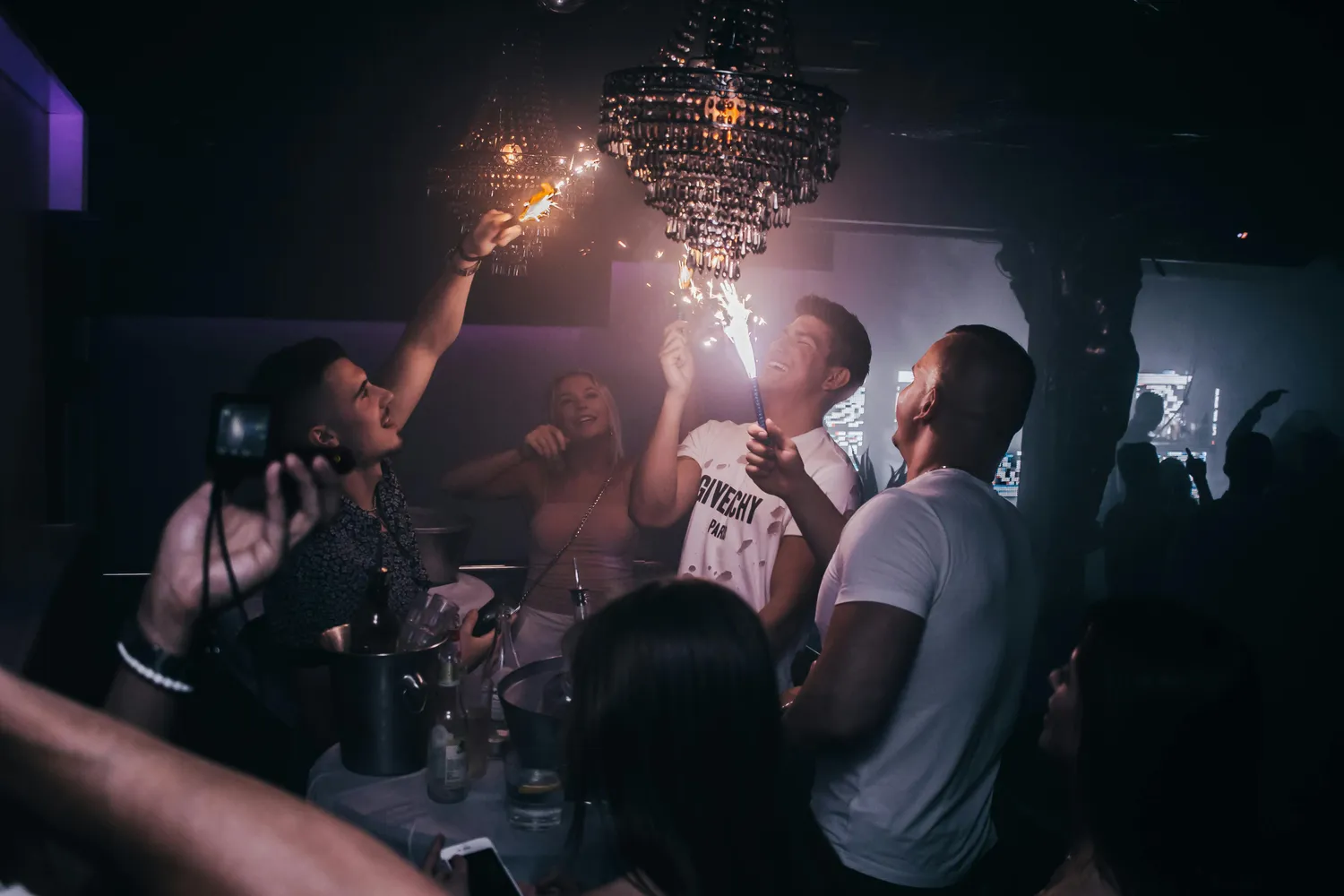
Technical Knowledge for Using Ice Fountains
A solid understanding of the products themselves forms the foundation of any effective training program. Here’s what you need to know about ice fountains.
Types and Components of Ice Fountains
Ice fountains are indoor sparklers with several key components that staff should understand. The cardboard tube contains carefully formulated pyrotechnic compounds, primarily metal powders (often titanium), that create the sparking effect. Unlike traditional outdoor sparklers, these are designed to produce "cold fallout" that cools quickly after use.
Different brands and models offer varying effects, durations, and safety features. When selecting products for your venue, consider these specifications:
Feature | Premium Option | Considerations |
Duration | 60-90 seconds | Longer isn't always better for service flow |
Spark Height | 30-50 cm | Consider ceiling height and proximity |
Smoke Production | Minimal | Important for indoor air quality |
Mounting Options | Versatile attachments (pin stake at base, but also compatible with bottle clips | Affects presentation possibilities |
Fallout Temperature | Very low | Critical for food service applications |
Understanding these differences helps staff adapt to different service scenarios and venue areas.
How Ice Fountains Work
While staff don't need to be pyrotechnic experts, a basic understanding of how these products function enhances safety awareness. The chemical compounds within the tube are designed to burn at controlled temperatures and rates, creating the characteristic shower of sparks.
Unlike traditional sparklers, indoor versions are engineered to produce minimal heat transfer to surrounding materials, making them suitable for cake decorations and bottle service. However, staff should understand that the cardboard tube itself becomes hot during use and remains hot briefly afterwards.
Storage and Handling
Proper storage ensures product quality and safety. Ice fountains should be kept:
In a cool, dry place away from direct sunlight
In their original packaging until ready for use
Away from heat sources, open flames, or electrical equipment
Inaccessible to unauthorised staff or customers
When handling these products, staff should follow these essential guidelines:
Always handle with dry hands
Never remove from packaging until ready to use
Check for damage before use
Never attempt to modify or cut the tube
Handle by the base, never by the pyrotechnic end
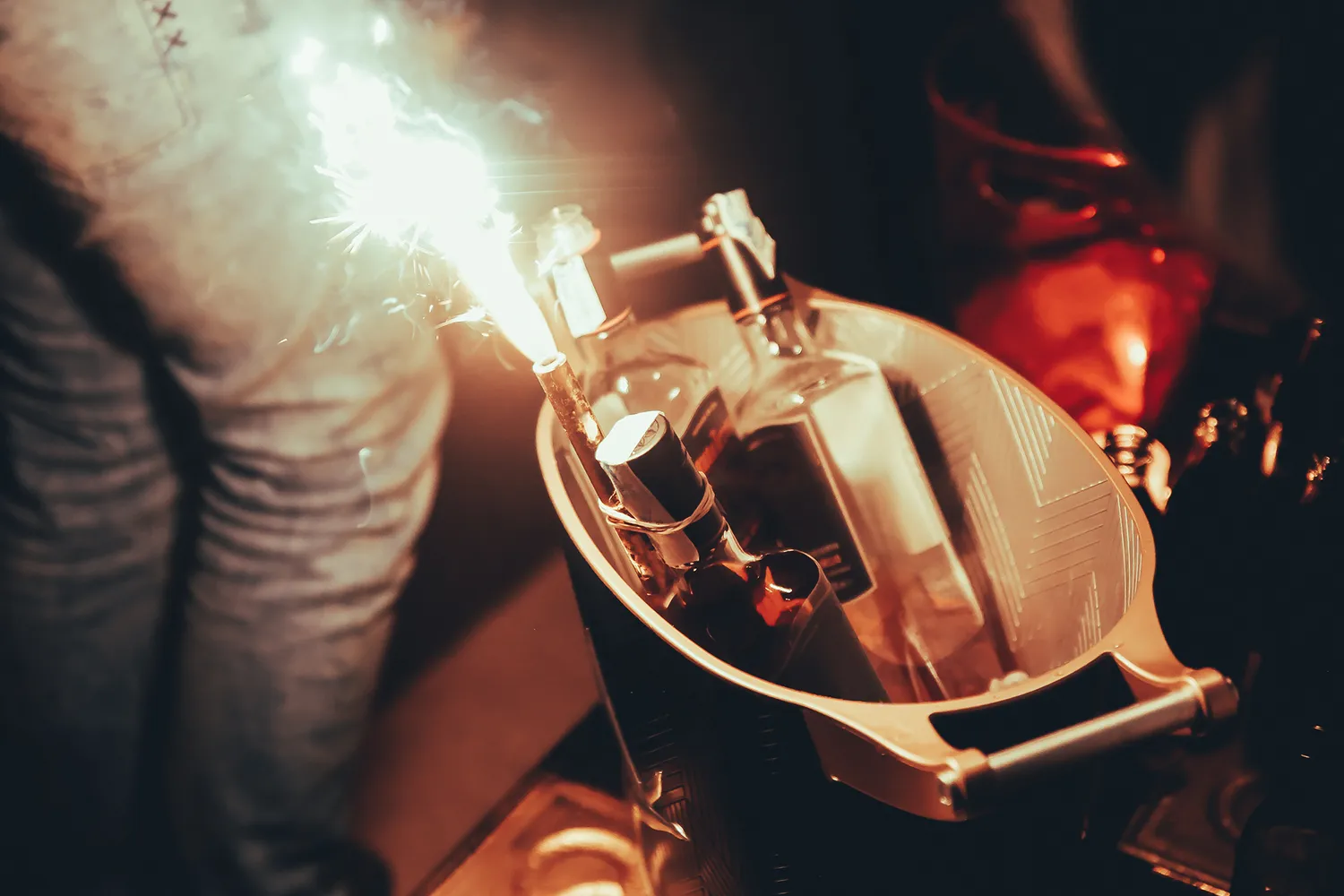
Safety Protocol Development
Comprehensive safety protocols for using ice fountains are essential. Be prepared before you start using them.
Risk Assessment Process
Developing a thorough risk assessment for pyrotechnic use involves systematically identifying potential hazards and implementing mitigation strategies. This process should:
Identify all areas where ice fountains will be used
Document potential risks in each area
Establish control measures for each identified risk
Create clear procedures for staff to follow
Regularly review and update the assessment
Venue-specific hazards might include low ceilings, crowded service areas, or proximity to flammable decorations. Your training materials should document corresponding control measures for each identified hazard.
Documentation templates should include sections for:
Hazard identification
Risk level assessment
Control measures
Staff responsibilities
Emergency procedures
Review dates
Emergency Procedures
Despite careful planning, incidents can occur. Staff should be thoroughly trained in appropriate response procedures:
Immediately remove any active pyrotechnics from the area
For minor burns, apply cold running water for at least 10 minutes
For clothing fires, use the stop, drop, and roll technique
For larger fires, follow venue fire evacuation procedures
Document all incidents, however minor, in the accident log
Report to management for review and protocol assessment
First aid for minor burns should be covered in detail, including recognition of burn severity and appropriate treatment methods. Staff should know when to seek medical assistance and how to properly document incidents. You should also ensure your workplace first aid kit contains appropriate burn dressings.
Clear communication protocols during incidents help prevent panic and ensure coordinated responses. Designate specific roles during emergencies and establish clear communication channels.
Personal Protective Equipment
While extensive PPE isn't typically required for routine handling, certain protective equipment can ensure better safety during training and high-volume service periods. Here are some PPE ideas you might want to think about.
Role | Recommended PPE | Purpose | Maintenance |
Lighter | Heat-resistant gloves | Protect hands during multiple lightings | Regular inspection for wear |
Server | Flame-resistant apron | Protection during carrying | Regular cleaning |
Trainer | Safety glasses | Eye protection during demonstrations | Clean before each use |
All Staff | Long sleeves | Arm protection | Natural fibres preferred |

Hands-On Training Modules
Theoretical knowledge must be complemented by practical skills development through structured hands-on training.
Proper Lighting Techniques
Safe and reliable lighting is fundamental to successful presentation. A step-by-step demonstration guide should cover:
Ensuring the product is securely mounted before lighting
Using appropriate lighting tools (long-reach lighters or chef's torches)
Proper hand positioning during lighting
Immediate hand withdrawal after ignition
Maintaining safe distance after lighting
Common mistakes to address include holding the tube during lighting, attempting to relight failed products, or using inappropriate lighting tools like standard cigarette lighters.
Troubleshooting guidance should cover scenarios like difficulty igniting in humid conditions, proper disposal of failed products, and managing excessive smoke production.
Carrying and Transportation Methods
Safe transportation through busy venues requires specific techniques:
Always carry at arm's length, with the pyrotechnic end pointed away from people
Maintain awareness of surroundings, especially ceiling height
Announce presence when moving through crowded areas
Never run while carrying active pyrotechnics
Use trays for transporting multiple items
Staff should practice navigating through simulated service environments, learning ergonomic considerations to prevent strain during busy service periods.
Presentation Placement and Positioning
Safe placement is critical to preventing accidents and maximising visual impact. Key rules are:
Maintain a minimum 1-metre distance from customers
Position away from flammable materials, including decorations and fabrics
Never place under low-hanging objects or decorations
Ensure stable, level surfaces for all presentations
Consider sight lines for photography and viewing
Distance requirements vary based on the specific product and presentation method. With our ice fountains, maintain at least 1 metre from customers for standard products, with greater distances for larger or longer-duration effects.
Each venue should establish specific restriction zones where pyrotechnics should never be used, such as near curtains, under low decorative elements, or in areas with limited ventilation.
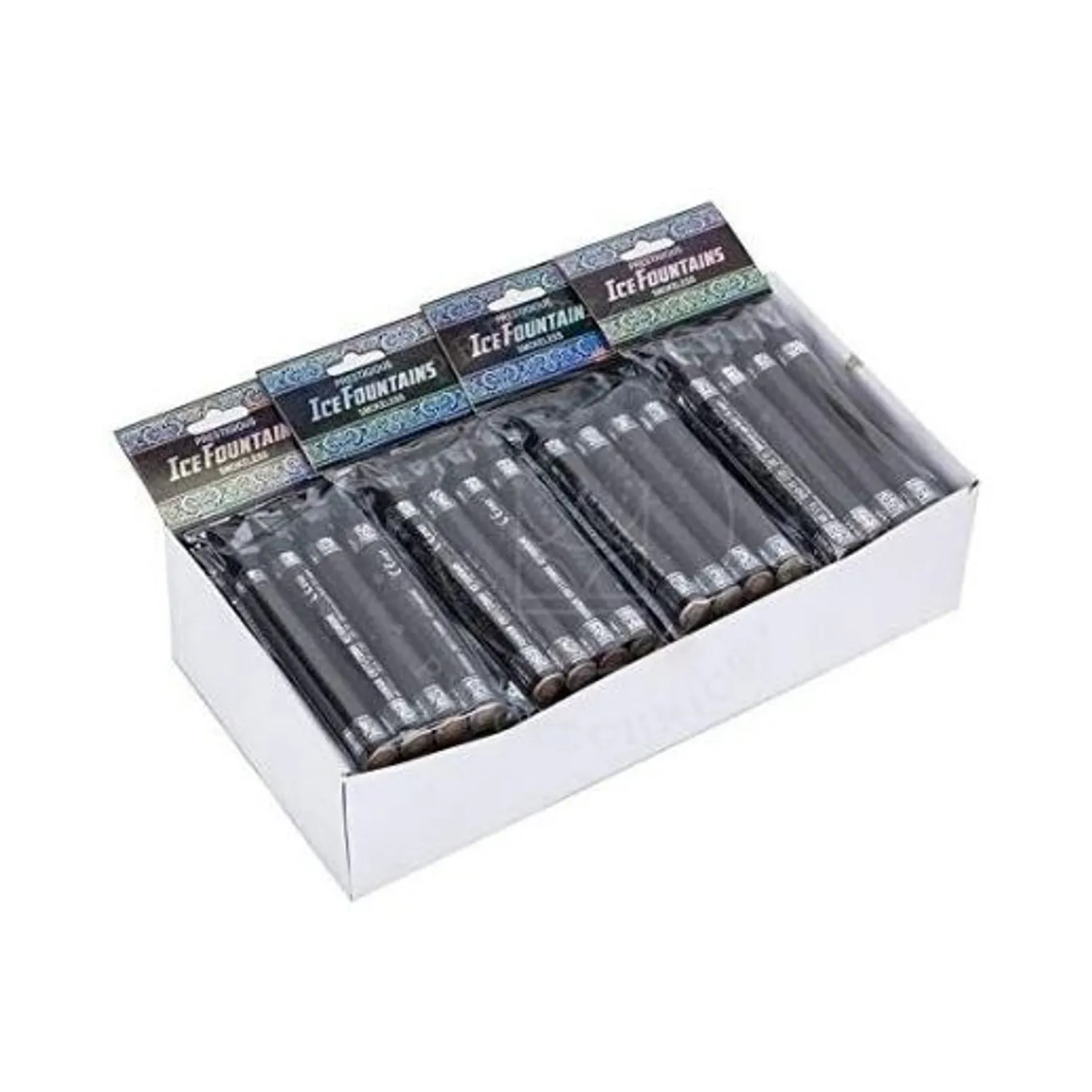
Service Integration Training
Beyond safety, effective training must address how to incorporate pyrotechnics into smooth, impressive service experiences. Choosing the right spots, timing, and presentation style will boost profits on ice fountain menu items and help build brand experiences that make the biggest impact.
Timing and Coordination
Synchronising pyrotechnic presentations with food and beverage service requires careful planning and communication. Consider this sample timing sheet:
Service Scenario | Preparation Timing | Lighting Timing | Staff Coordination |
Bottle Service | Prepare 2 minutes before serving | Light as bottle arrives at table | Server and lighter coordinate |
Birthday Dessert | Prepare in kitchen, attach before service | Light tableside after singing | Server alerts kitchen 5 minutes prior |
Multiple Tables | Stagger preparation by 2 minutes | Coordinate sequential lighting | Designated coordinator gives signals |
VIP Experience | Prepare all elements in advance | Synchronised lighting on cue | All staff on radio communication |
Clear communication cues between staff members ensure smooth execution. These might include verbal signals, hand gestures, or radio communication for larger venues.
Planning execution like this is what can make your venue go viral for ice fountains, and produce Instagrammable moments your guests will want to capture and post on social media.
Customer Interaction Guidelines
Staff should be trained in appropriate customer communication before, during, and after pyrotechnic presentations:
Provide brief safety instructions to guests
Position customers for optimal viewing and photography
Address questions confidently with accurate information
Manage expectations about duration and effects
Key talking points for servers might include brief explanations of what makes indoor pyrotechnics special, safety reassurances, and photography suggestions for the best results.
Upselling and Promotion Techniques
Training should include techniques for suggesting pyrotechnic enhancements at appropriate moments:
"For special celebrations like yours, many guests enjoy adding our signature sparkler presentation to their champagne service. It creates amazing photos and really marks the occasion."
Staff should recognise appropriate opportunities for offers, such as birthday celebrations, anniversaries, or group celebrations. They should be familiar with all pricing options and package details to answer customer questions confidently. Check our month-by-month ice fountain promotion calendar for ideas.
Get started today
Developing structured training that addresses venue-specific needs, technical knowledge, safety protocols, hands-on skills, and service integration helps you create the foundation for consistent, impressive customer experiences.
Remember that training is not a one-time event but an ongoing process. Regular refreshers, performance monitoring, and program updates ensure your team maintains both safety standards and presentation quality over time.
Order some ice fountains from us for fast delivery and get started training and planning showstoppers.
350 Barlow Moor Rd
Chorlton
Manchester, M21 8AZ
07810 222123
info@chorltonfireworks.com
